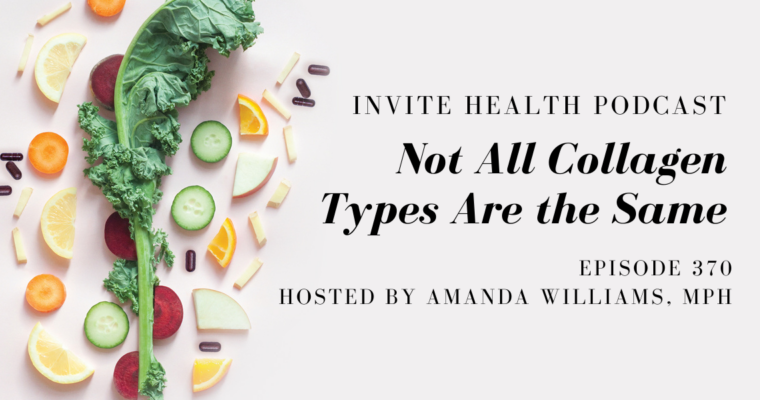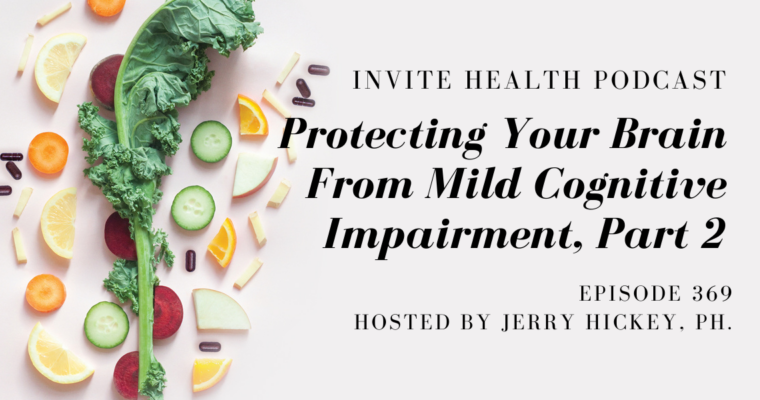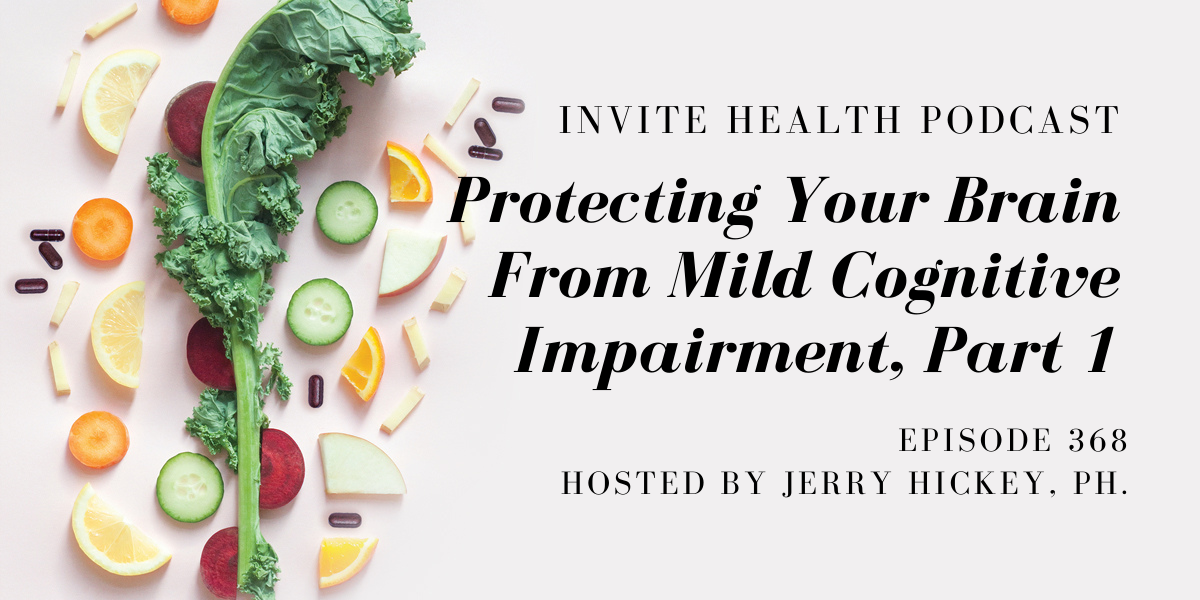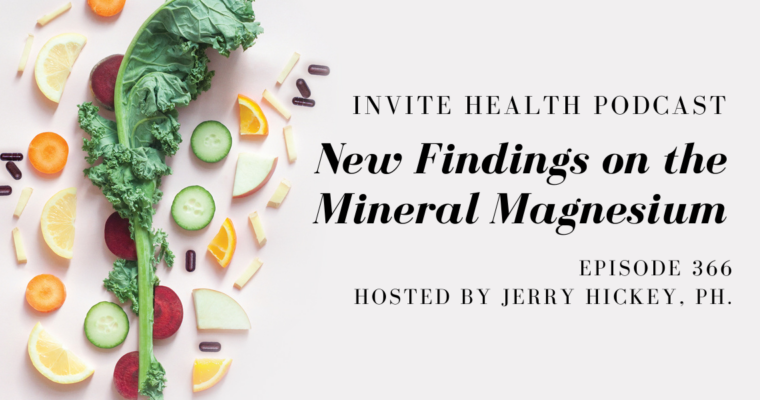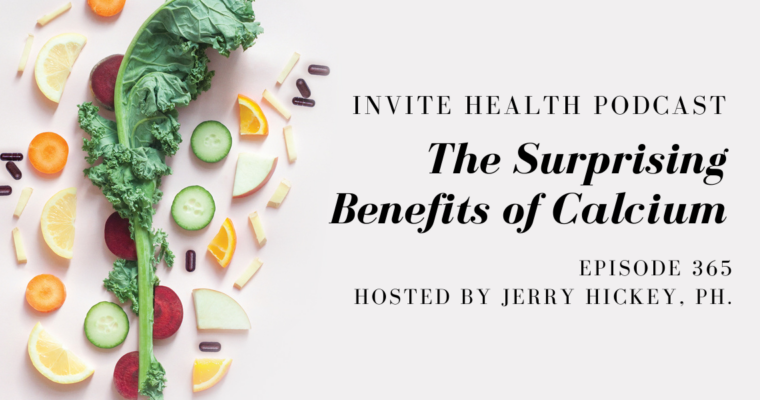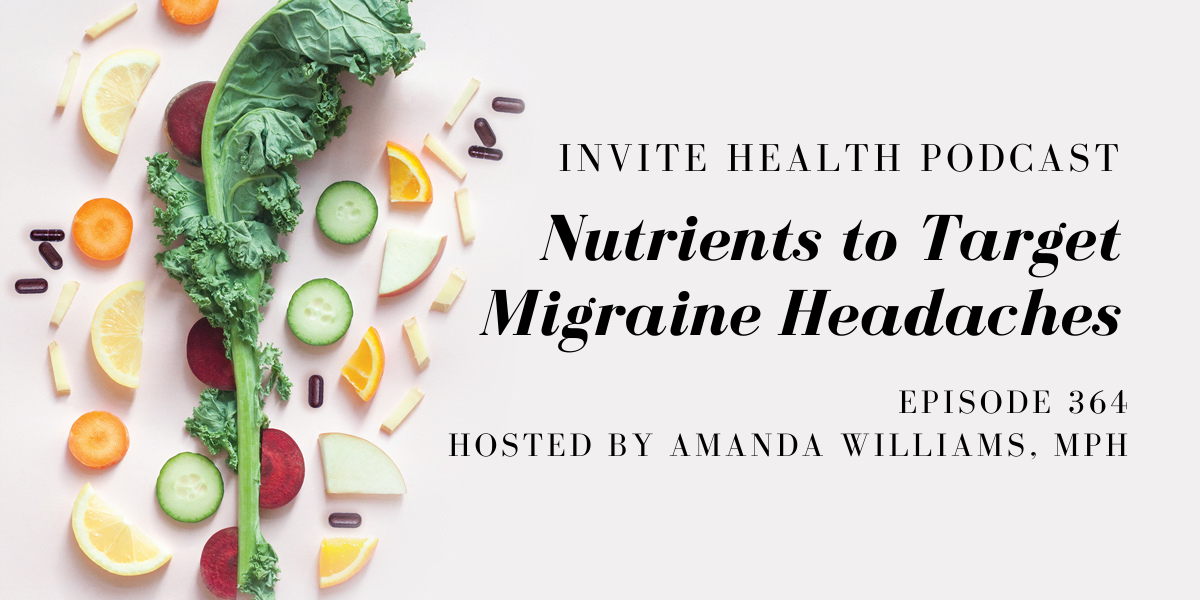mild cognitive impairment
InViteⓇ Health Podcast, Episode hosted by Jerry Hickey, Ph.
Subscribe Today!
As we get older, we tend to get forgetful. Many people are concerned that this might signal the onset of dementia, such as Alzheimer’s disease. But the truth of the matter is that it’s often not dementia.†
Memory problems can be due to a myriad of causes. It could be a part of aging itself brought on by a slow down of the brain. It could also be due to other medical conditions in the heart, lungs, kidneys or liver. It could be some kind of psychological problem, like anxiety or depression, and could even be a result of certain medications. But being forgetful is a normal part of aging.†
The differences between normal aging of the brain and Alzheimer’s disease are distinct. For instance, an older person may make a bad judgment decision once in a while, but a person with Alzheimer’s has terrible judgment all the time. If this forgetfulness escalates to the point where someone may struggle to carry on a conversation, this is called mild cognitive impairment.†
DISTINGUISHING BETWEEN NORMAL BRAIN AGING AND ALZHEIMER’S DISEASE – INVITE HEALTH PODCAST, EPISODE 313. Listen Now>>
What is mild cognitive impairment?
Approximately 15 to 25% of people over the age of 60 have mild cognitive impairment. This leads to memory problems, as well as problems with understanding complex situations. The people can still live at home and find their way around, but they often drift into dementia. They have more serious memory problems and they are more likely to develop Alzheimer’s disease or other dementias than people who do not have mild cognitive impairment.†
Mild cognitive impairment does not always lead to dementia. It depends on its cause. For instance, if the mild cognitive impairment is due to a health condition or a drug, it may not even be permanent. Studies have shown that mild cognitive impairment can also be caused by circulatory problems in the brain and traumatic brain injuries.†

Promoting healthy memory and protecting your brain
There is evidence linking exercise with improved memory in people with mild cognitive impairment. You really should be exercising five to seven days a week. When you exercise, it’s often social and in varying locations. This is stimulating for the brain. Exercise also helps to improve blood flow to the brain, helping to provide the brain with oxygen and nutrients. This also seems to trigger the release of molecules in the brain that help repair brain cells.†
A diet low in saturated fats but rich in fresh fruits and vegetables is also beneficial for the health of the brain. Beans, nuts and seeds also contain nutrients that are supportive for the brain. Nutrients such as lutein, green tea and fish oils have been shown to protect and promote brain health as well.†
THE STRONG CONNECTION LUTEIN HAS ON MEMORY AND VISION – INVITE HEALTH PODCAST, EPISODE 4. Listen Now>>
In this episode, Jerry Hickey, Ph. explains what mild cognitive impairment is and how it relates to memory loss. He begins discussing supplements and nutrients that can help promote the health of the brain. He will continue this discussion in Part 2 of this episode, coming later this week. Stay tuned!
Key Topics:
- The difference between normal forgetfulness and dementia
- Common signs of mild cognitive impairment
- Research on how to promote memory and cognition
Thank you for tuning in to the InViteⓇ Health Podcast. You can find all of our episodes for free wherever you listen to podcasts or by visiting www.invitehealth.com/podcast. Make sure you subscribe and leave us a review! Follow us on Facebook, Twitter and Instagram at InViteⓇ Health today. We’ll see you next time on another episode of the InViteⓇ Health Podcast.


